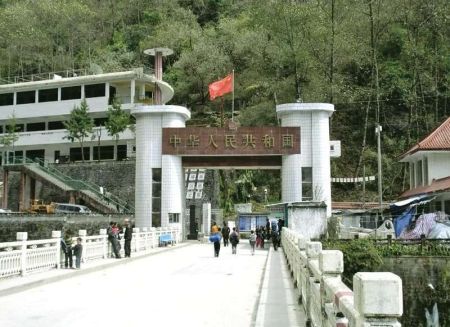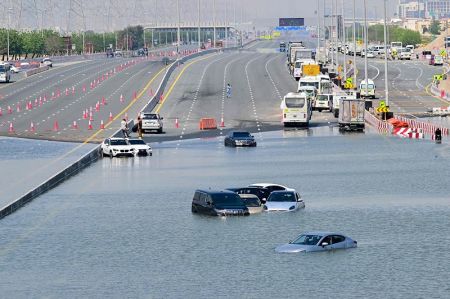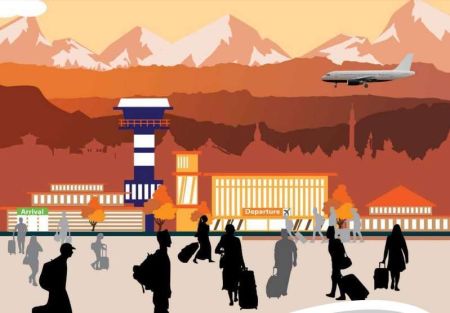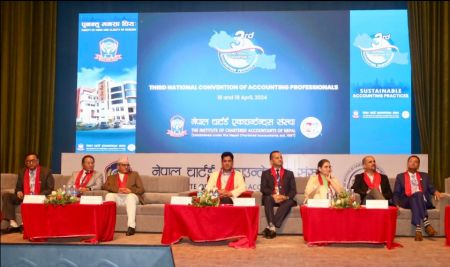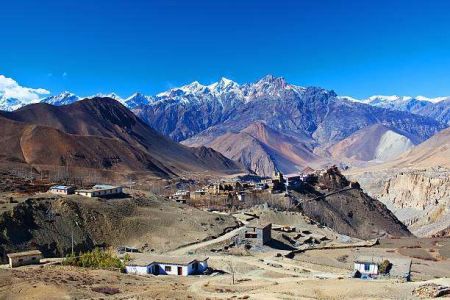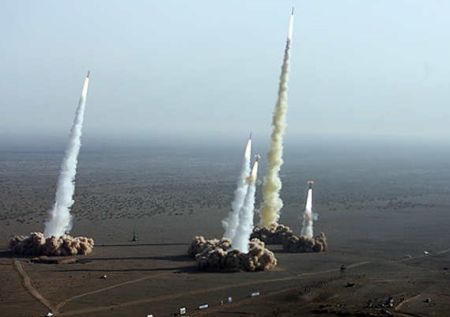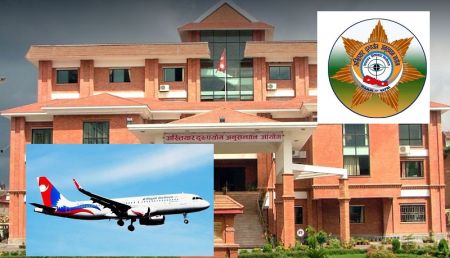--By Dwaipayan Regmi
After TeliaSonera posted a public notice headed ‘TeliaSonera is not a long term owner in Eurasia’ explaining the withdrawal of its investment from Nepal, Kazakhstan, Uzbekistan, Azerbaijan, Georgia, Moldova and Tajikistan, various conspiracy theories and questions started to emerge. CEO and President of TeliaSonera, Johan Dennelind thanked two years of hard work for improvement of Eurasian operation, but not from corporate governance and sustainability point of view. Hence, he claimed to have better managed companies which would develop further. Entire statement focused on focusing at European zones in order to ensure sustainability.
The withdrawal of foreign investors from Nepal is certainly not a good sign. This is a negative dot for the national economy and puts future prospects in jeopardy as well. Foreign investors will have to rethink about investing, and Teliasonera’s case probably will be studied by any foreign investor thinking to invest in Nepal in the future. Although TeliaSonera indicated that they want to invest in the European sector, it has certainly made a difference in the perception of Nepal being a secure and wise place to invest in.
Just when the Nepali people were facing positive signs of hope after the reopening of KFC, TeliaSonera’s move has only served to raise questions and confusion about foreign investment in Nepal.
The Foreign Investment and Technology Transfer Act 2049 (1992) shapes the basic foundation for Investment in Nepal. The policy is liberal allowing easy entry and investors can take every penny that they earn out of profit, share, dividend, equity and interest back to their country. This makes TeliaSonera’s move in Nepal a surprise.
Finding out the clear meaning, with optimistic view, it can be regarded that as stated TeliaSonera took off the hand seeking sustainability in European Zone. In order to increase the wealth of shareholders, it probably could have opted for a long term move by investing in the Euro zone itself. As stated, TeliaSonera will focus on growth in Europe and Sweden within the strategy of creating a new TeliaSonera, a process already initiated by gradually reducing its presence in Eurasia.
Again, the giant company did not have any serious issues to face recently, and were certainly in profit. Matters relating to ‘freedom of expression’ were the recent issues that the company dealt with in Nepal and Tazakistan, however, this does not have any strength and logic to break a partnership. The request by NTA to block a website should not have been a huge issue at all. TeliaSonera however had been undergoing various issues like the building of illegal towers, tax avoidance in Nepal. Despite this, Ncell was the highest tax payer in the context of Nepal.
This creates an air of scepticism regarding the reason behind withdrawing the capital, despite being in heavy profit. Any sceptic would view this from two broad angles. First, the defect can be from the host country’s side. Are the policies designed practical enough that would ensure that their earned penny can be taken back? Or, is it because of the fear this giant company is taking its hand back from Nepal? Could it be that the company foresaw the future political instability in Nepal, which made them take this strategic move? The loss because of the earthquake should not have been the reason; however, frequent strikes and political unrest could have been influencing factors. Six other countries were facing a tough time regarding bribery investigations, had trouble in repatriating cash and were also facing difficulties in identifying who their local partners are. As it has been highlighted, was not ‘sustainability’ possible within these countries?
The second sceptical viewpoint would keep investor being a clever fellow. Can it be that politically unstable countries are the targets of TeliaSonera? Because it has been operating in such countries itself. Or, maybe it ruled during the transition phase, and seeing the prospect of political stability, fear of changes in foreign trade policy could have made them act in such a manner. Or, maybe it was generating capital making short term investments in these Asian countries so that it could aggressively make a move in European telecom sectors?
Despite all this, it is also high time for the Nepali economy to learn a lesson. Ncell seems financially sound, and therefore as per the statement of Ncell’s CEO, Erim Taylanar, it could be noted that Ncell will be operating smoothly. Had it been some weak companies, what would the scenario be? Foreign Investors must be wisely analysed. It is good to have flexible policies, they would attract investors for sure, but such policies would be a curse if investors start creating opportunities, showing a threat to the Nepali economy.
Ncell’s 3G expansion project is yet to be seen, and also further moves are yet to be seen. It certainly will take time for TeliaSonera to completely quit the entire process, hence any moves are yet to be noticed. It can be presumed that Ncell certainly will have a tough time trying to rule the competitive market. Apart from this, it is also high time to encourage foreign investment in Nepal by ensuring a safe and secure environment. With the kind of scenes witnessed in the past few months, of huge political instability, risky environment, any foreign investor would certainly not plan to build in Nepal. Foreign Investment policy must have a clear objective, and that should be interlinked with the political situation too. After all, Political, Economic, Socio Cultural and Technology (PEST) are basic factors for any business. Let this case not shape any negative vibes in the minds of upcoming investors.
The writer is an MBA student at Jawaharlal Nehru Technological University, Anantapur, India.






